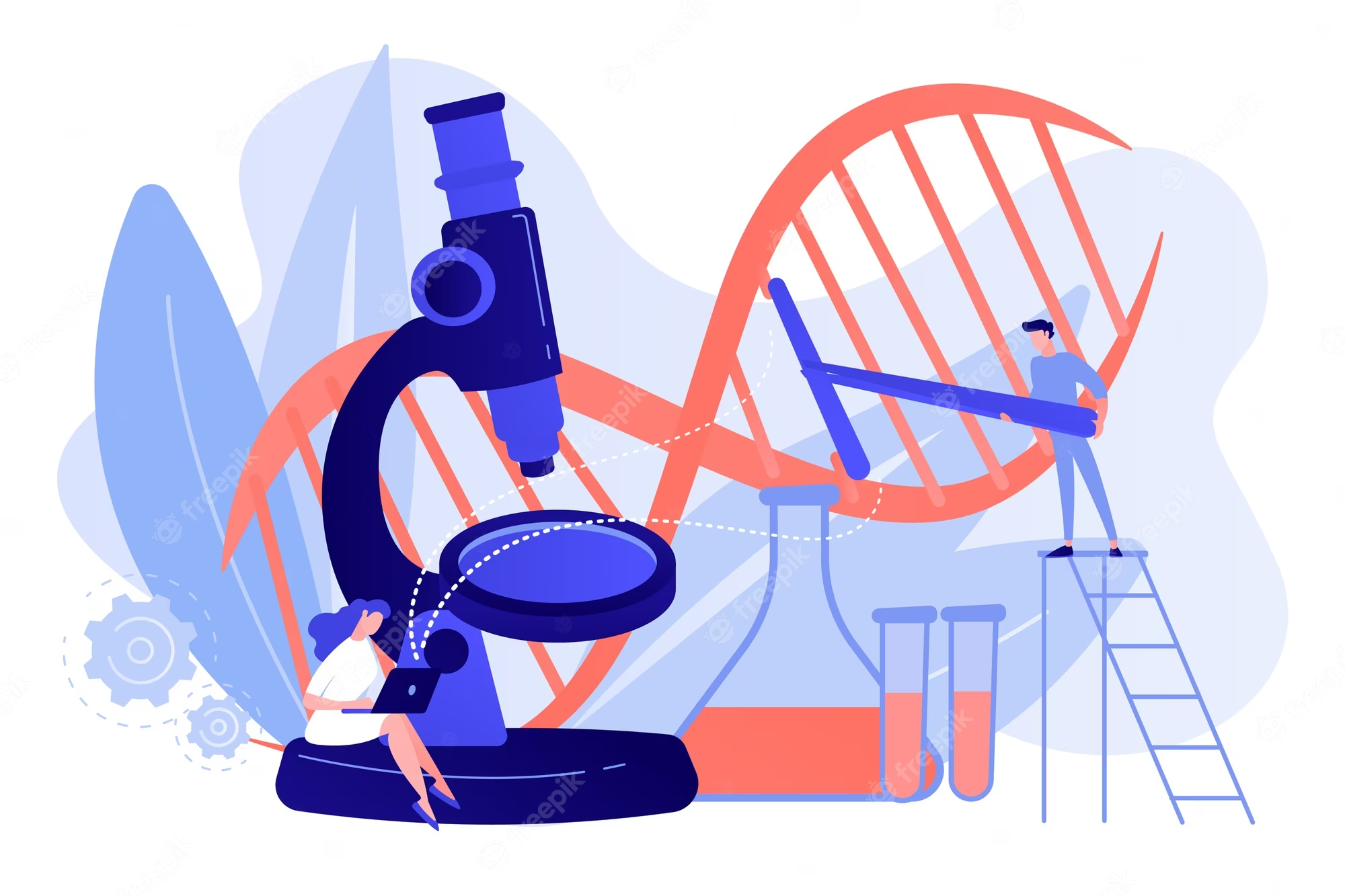Which scientist researched and described the results of genetic crosses
05 Mar 2023The concept of genetic inheritance, which describes how qualities are passed on from parents to their offspring, is one of the most fundamental tenets of contemporary genetics. The monk Gregor Mendel, usually regarded as the pioneer of modern genetics, made the first observation of this concept in the 19th century. Mendel learned the fundamental principles of inheritance—the rules that control how traits are passed down from one generation to the next—through his work with pea plants.
Gregor Mendel's Life and Work
1822 saw the birth of Gregor Johann Mendel in what is now the Czech Republic. He was a farmer's son and spent a large portion of his early years working in agriculture. Mendel, however, had a strong interest in both science and mathematics, so in 1843 he enrolled in the Augustinian Monastery of St. Thomas in Brno to pursue a career as a priest.
Mendel started his research on the pea plant's genetic inheritance when he was at the abbey. He decided to study peas because they are rapid to grow and multiply, enabling him to carry out a lot of studies in a short amount of time. Mendel studied pea plants for many years, examining their properties with great care and using controlled breeding procedures to determine how features were handed down from one generation to the next.
Mendel wrote about his research in an article titled "Experiments in Plant Hybridization" in 1865. Mendel explained the fundamental inheritance laws that he had established through his research with pea plants in this publication. These laws explain how features are passed down from one generation to the next and how genetic recombination allows for the combination of various traits in offspring.
Mendel's Laws of Inheritance
Mendel discovered three key principles of heredity through his work with pea plants, and these principles now serve as the cornerstone of contemporary genetics. The laws of segregation, independent assortment, and dominance are collectively referred to as these laws.
Pairs of genes are divided during the creation of reproductive cells, according to the law of segregation. The offspring receives one copy of each gene from each parent, and these copies diverge during the development of gametes (sperm and egg cells). This implies that each gene is present in just one copy per gamete, and that each gene is coupled with a copy from the other parent during fertilisation.
Genes for various qualities are inherited independently of one another, according to the law of independent assortment. This translates to the idea that one trait's heredity has no bearing on the inheritance of another trait. It is conceivable to have yellow seeds that are either smooth or wrinkled in pea plants because the gene for seed colour is transmitted independently of the gene for seed shape.
According to the law of dominance, some features predominate over others. One allele may be dominant and the other recessive when an organism receives two distinct alleles of the same gene. The recessive allele will only be expressed if both copies of the gene are recessive, whereas the dominant allele will always be expressed in the phenotype of the organism.
Mendel's Legacy
Mendel's contributions to genetics were underappreciated when he was alive, and it took until the turn of the 20th century for his concepts to be completely accepted. Mendel's work on genetics has had a significant impact on our understanding of biology and medicine, and he is now regarded as one of the most significant figures in the history of science.
We now have a much better grasp of how traits are inherited and how genetic diversity develops as a result of Mendel's work. In industries like agriculture, where plant and animal breeders apply genetic principles to create new varieties of crops and livestock, this information has proven crucial. For the purpose of diagnosing and treating genetic problems as well as comprehending the genetic basis of disease, genetics has become more crucial in medicine.
Back to Home Page





